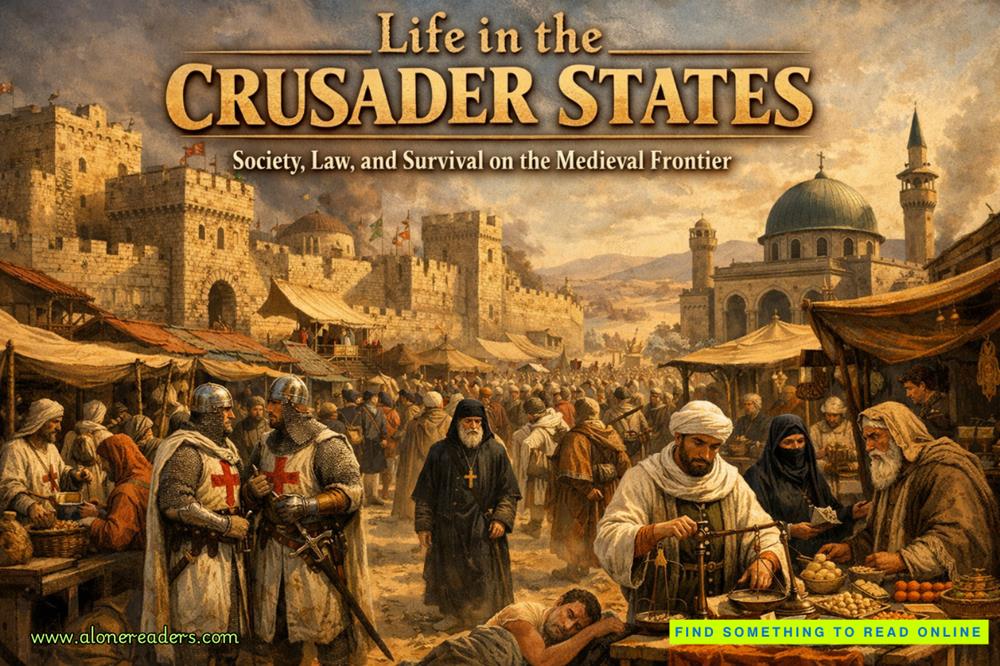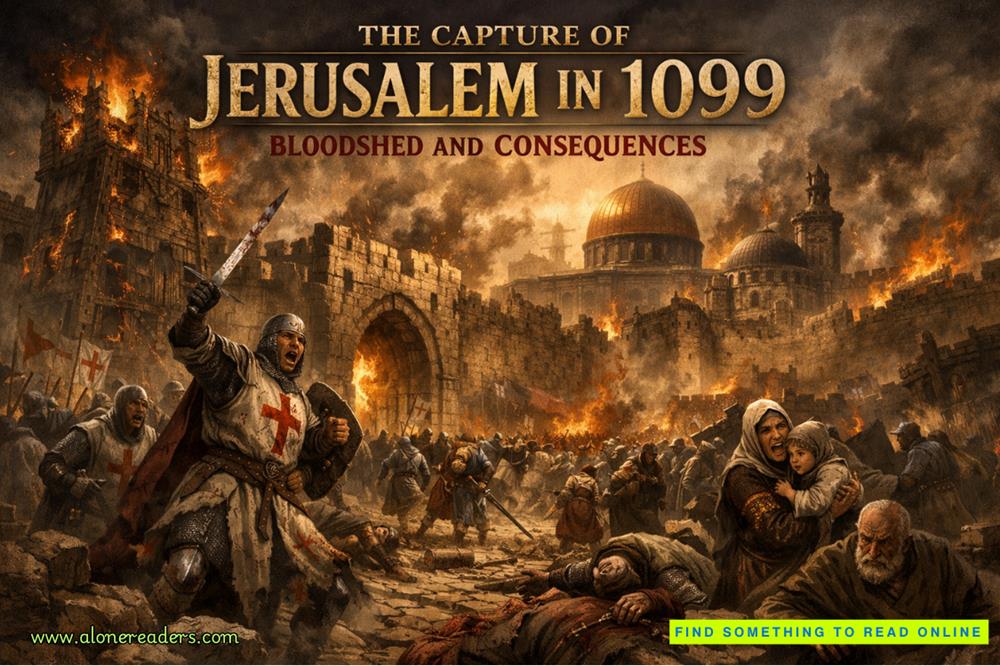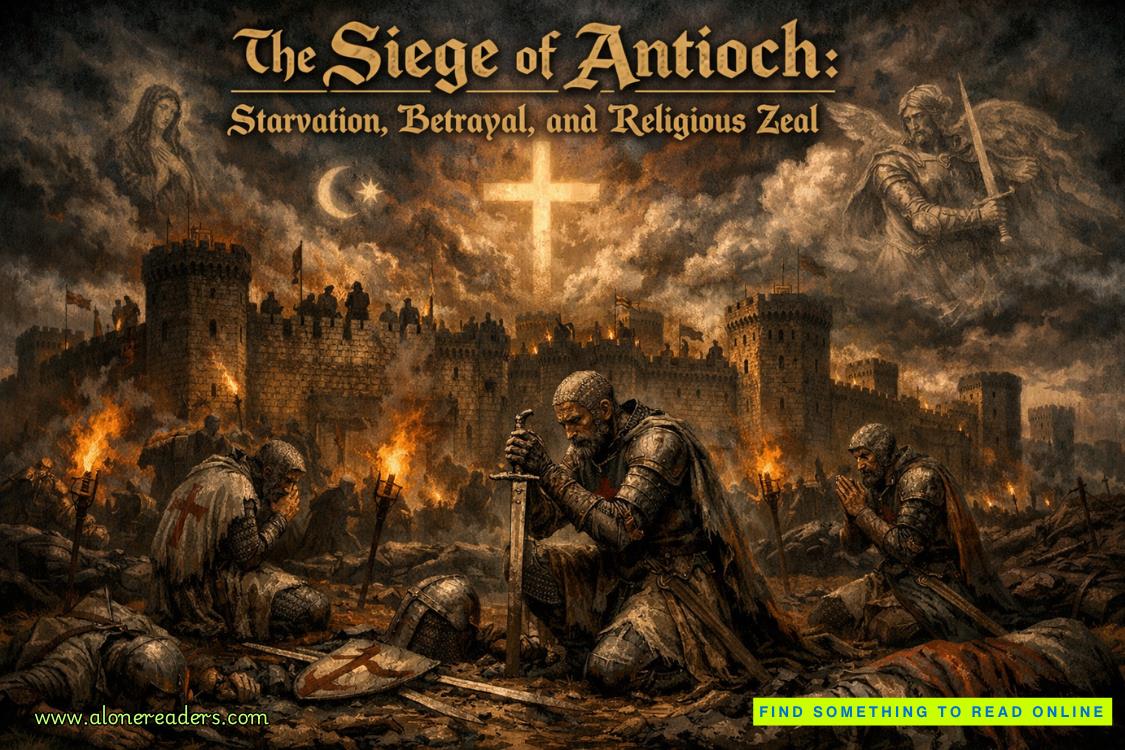“Your Honor,” I said. “Before moving on, may I respond to the defense’s proposal of a special master?”
“Mr. Haller, I know your response,” Ruhlin said. “You object because you want to keep this case on course to trial. If you wish, you may electronically submit a cogent objection, and I will take it into consideration before I rule. For now, let’s move on. The defense has a motion before the court to strike one person from the plaintiff’s preliminary witness list. A person named Rikki Patel, who is a former employee of the defendant, Tidalwaiv. Mr. Mason, do you wish to state your claim for the record?”
Mitchell Mason was wearing a blue-black Armani suit with his signature patterned vest to complete the power ensemble. He had styled but short brown hair and a close-cropped beard just beginning to show some distinguished gray. That was how I told them apart. Mitchell had the beard. Marcus did not.
“I do, Your Honor,” Mitchell said. “As stated in the motion, Mr. Patel is a former employee of Tidalwaiv and upon leaving the company’s employ signed a nondisclosure agreement, a copy of which was submitted with the motion. Your Honor, very simply, this is the plaintiff’s attempt to do an end run around us and get proprietary company data and information, and we object strenuously to Mr. Patel even giving a deposition, let alone testifying in open court in this matter.”
“Very well, you may take a seat,” Ruhlin said. “Mr. Haller, I notice that you didn’t file a response to the motion. Are you withdrawing Mr. Patel from your witness list?”
I moved back to the lectern.
“On the contrary, Your Honor,” I said. “Rikki Patel is a key witness for the plaintiff. He was in the lab when this company birthed the AI companion they call Clair and set her loose on unsuspecting—”
“Enough with the sound bites, Mr. Haller,” Ruhlin barked. “I have warned you. You play to me, not the people in the first row.”
“Yes, Your Honor.”
“Now, why should the court not enforce the nondisclosure agreement signed by your intended witness?”
“Your Honor, in essence, this is a product-liability case and it is contrary to the public interest to bar a former employee from testifying about Tidalwaiv’s recklessness regarding the safety of its product. California courts routinely refuse to enforce nondisclosure agreements, because they violate fundamental public policy. My client and the public are not party to the NDA and they have an interest in learning the facts and circumstances regarding how an AI companion encouraged a teenage boy to kill his ex-girlfriend. Rikki Patel isn’t a witness who will divulge trade secrets or privileged information; he will testify about Tidalwaiv’s failure—”
“But last I checked, we were in federal court, Mr. Haller. Not California court.”
“That may be so, Judge, but the court should also know that the NDA was signed under duress. Mr. Patel was fearful that if he did not sign it upon leaving the employ of Tidalwaiv, there would be consequences for himself and his family.”
Marcus Mason stood and objected, raising his hands, palms up, in aWhere did this outlandish claim come from?gesture.
“Hold right there, Mr. Mason,” the judge said. “That is a very strong statement, Mr. Haller. Again, I warn you, meritless statements made for the benefit of the media and the jury pool will not be tolerated by this court.”
“Your Honor,” I said, “Mr. Patel is ready to testify in chambers or in open court about the fears and pressures that led him to sign an NDA with language that is threatening in and of itself. He should not be bound by the document, and I can assure the court that his purpose as a witness is not to reveal the proprietary information the company seems so concerned about. He will testify about the objections he raised about the Clair project from the very start. Objectionsthat were overruled and that the company clearly doesn’t want the public to know about.”
“Your Honor?” Mason said, in case the judge had forgotten he was standing in front of her.
“Go ahead, Mr. Mason,” Ruhlin said.
I went back to my table and Marcus Mason took the lectern. He was the clean-shaven twin who wore bow ties rather than patterned vests with his Armani.
“Your Honor, this is trial by ambush,” he said. “Nothing more, nothing less. Mr. Haller, when he was defending criminals, was known as an attorney who wielded the media like a club. He is doing it again here. Of course he did not respond to the motion electronically. Why should he when he could invite a media audience into US district court to hear his exaggerated claims and outlandish lies? There is no threat in the wording of the nondisclosure agreement beyond what is in every NDA ever signed. There was no threat to Patel and there is no legal argument that supports his being able to break the agreement in order to testify in this matter.”
I had to hold back a smile. Marcus Mason was good. He was clearly the smarter of the two brothers and the one I had to key in on. The bow ties served to soften his image as a killer in the courtroom. But that was okay, because I was a killer too. The smile I held back was brought by his mentioning my days in the criminal defense bar as a pejorative. It was true I had made my name in crime. From billboards to bus benches, from the criminal courts to the county jails, I was known as the Lincoln Lawyer. Have case, will travel. I promised reasonable doubt for a reasonable fee. It was rough-and-tumble work. The California Bar waited for me to trip up ethically. The cops waited for me to trip up criminally. Everybody waited for me to fall. That was the legacy that followed me in this town. But I’d had my fill of it and moved on. And in the two years since I left the crowded andgrimy halls of criminal justice, I had found new levels of dirty work and dangers in the supposedly genteel high-ceilinged courtrooms of civil practice. I was at home, and the Mason brothers had no idea what they were in for.
The judge closed the hearing by saying that she would take the oral arguments and written submissions under consideration and issue rulings on both matters the following Monday.
“Court is now adjourned,” she said.
The judge left the bench and headed to her chambers. The Mason brothers packed up their documents and law books while the representatives of the media started to file out of the front row. I returned to the plaintiff’s table and took a seat next to my client. Brenda Randolph was a small woman with haunted eyes that would never see happiness again. She worked as a lens grinder at an optometry lab in the Valley. She was using all her vacation and comp time to attend every hearing related to what she called her daughter’s case.
“You okay, Brenda?” I whispered.
“Yes,” she said. “I mean, no. I’ll never be okay. Every time her name is mentioned or anybody talks about what happened, I lose it. I can’t help it. I’m sorry.”
“Don’t be sorry. Just be yourself.”
“Do you think the judge will rule in our favor?”
“She should.”
The Masons left their table and went through the gate. They said nothing to me as they passed.















